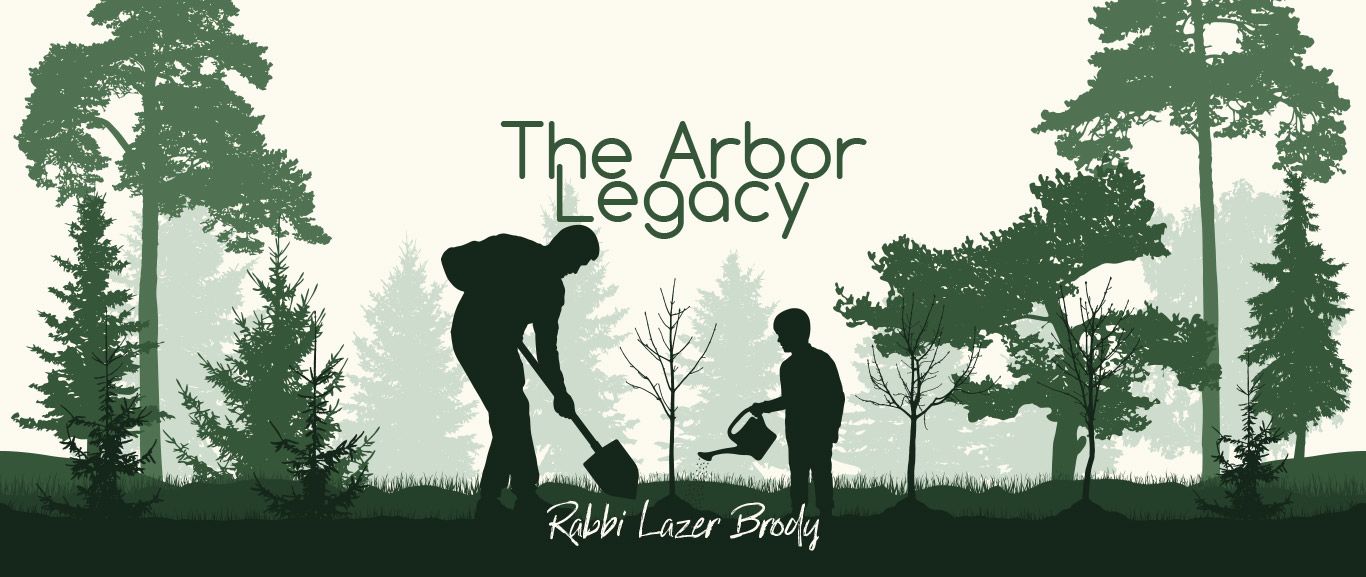
Tu B’Shvat: The Arbor Legacy
Throughout the history of our holy Land of Israel, tree-planting has been the hallmark of settlement as well as the symbol of absolute tranquility, security and peace…

Seven weeks after the People of Israel left bondage in Egypt, they received the Torah on Mount Sinai. In Parshat Truma, Hashem commands Moses to build the Holy Tabernacle, the mobile Temple that accompanied them throughout the desert, into the Land of Israel, until Solomon erected the Holy Temple in Jerusalem atop Mount Moriah.
Within the Holy Tabernacle, the holiest utensil of Divine service, was the Ark of the Covenant, where Moses placed the two tablets of the Ten Commandments that the Almighty gave him atop Mount Sinai.
The frame of both the Holy Tabernacle and the Ark of the Covenant were made of acacia wood. The Torah commands, “They shall make an ark of acacia wood, two and a half cubits in length, a cubit and a half in width, and a cubit and a half in height.” (Exodus 25:10-11). The acacia frame was lined inside and out with pure gold.
One raises a brow at first inspection of the Torah’s command. The Sinai Desert is desolate. Sure, there’s 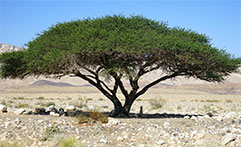 a tree or sagebrush here and there, but where was there enough acacia lumber to construct the Tabernacle, the Ark, the planks, poles and the altar? Where did the lumber come from?
a tree or sagebrush here and there, but where was there enough acacia lumber to construct the Tabernacle, the Ark, the planks, poles and the altar? Where did the lumber come from?
The Midrash Tanchuma (Truma, 9) tells us that Jacob saw in his prophetic spirit that the People of Israel would be commanded to build the Holy Tabernacle after they receive the Torah. He therefore brought tree seedlings with him when he descended to Egypt from the Land of Israel and planted them on the way. Therefore, when they needed the wood, the trees were already mature with thick trunks, over two-hundred years old. The Midrash adds that of the 24 types of cedar, the acacia – or shitta – is prime.
We therefore see that one of Jacob’s prime legacies to future generations was arbor-themed – the trees that he planted.
To this day, the majestic acacia trees are the symbol of the Negev and the Sinai deserts. No other tree is so adaptable to the extremely arid climate, the scorching days and the chilling nights.
Throughout the history of our holy Land of Israel, tree-planting has been the hallmark of settlement. The Prophet describes the absolute tranquility and peace in the Land of Israel during the time of Solomon’s reign and the first Holy Temple as, “And Judah and Israel dwelled in security, each person under his grapevine and each person under his fig tree, from Dan to Beersheva all the days of Solomon,” (Kings I, 5:5). Our trees, the settlement of our land and our security went hand in hand.
The Gemara (tractate Taanit 23a) continues with the theme of the arbor legacy that our ancestors left for us, with a story about the holy sage Choni HaMaagal (“circle maker”):
One day, Choni the Circle Maker was traveling on the road when he saw a man planting a carob tree. He asked the man, “How long will it take for this tree to bear fruit?”
The man replied, “Seventy years.”
Choni then asked the man, “Do you think you will live another seventy years to eat the fruit of this tree?”
The man answered, “Probably not. But when I was born into this world, I found many carob trees that my father and grandfather planted. Just as they planted trees for me, I am planting trees for my children and grandchildren so they will be able to eat the fruit of these trees.”
This is our attitude to this day.
Today, we see the best wines in the world coming from boutique vineyards all over the Land of Israel, especially in Samaria. Be assured that this is a clear sign of the impending Geula, the full redemption of our people, as the prophet says (Jeremiah 31:4), “You are yet to plant vineyards in Samaria.” In other words, when we see the exquisite wines once again flowing from Israel’s heartland, we know that Mashiach will soon be here, speedily and in our days, amen! Happy Tu B’Shvat!


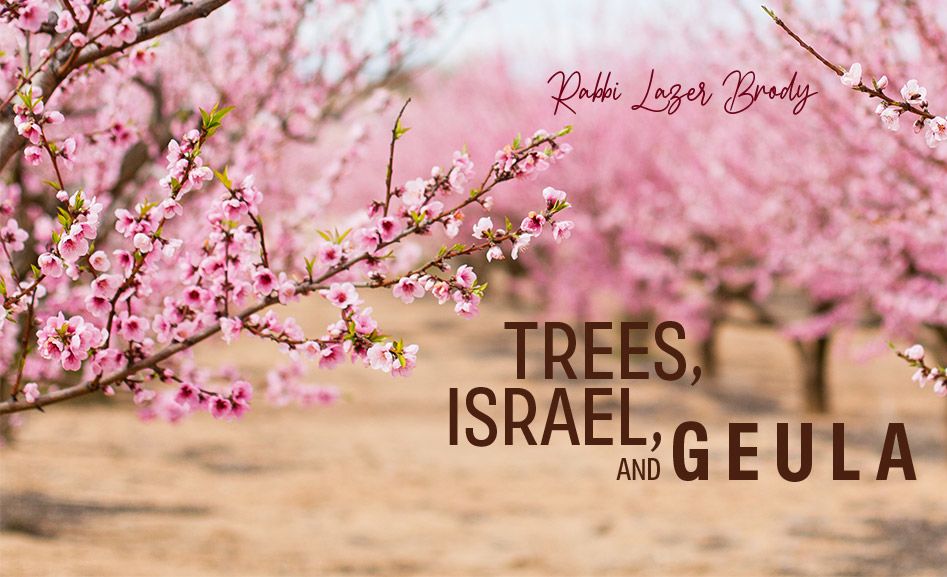
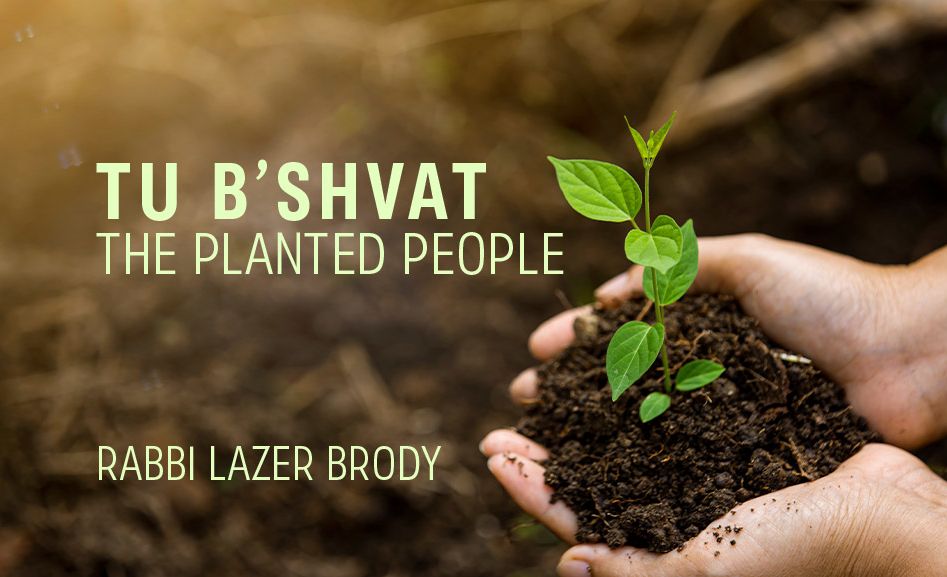
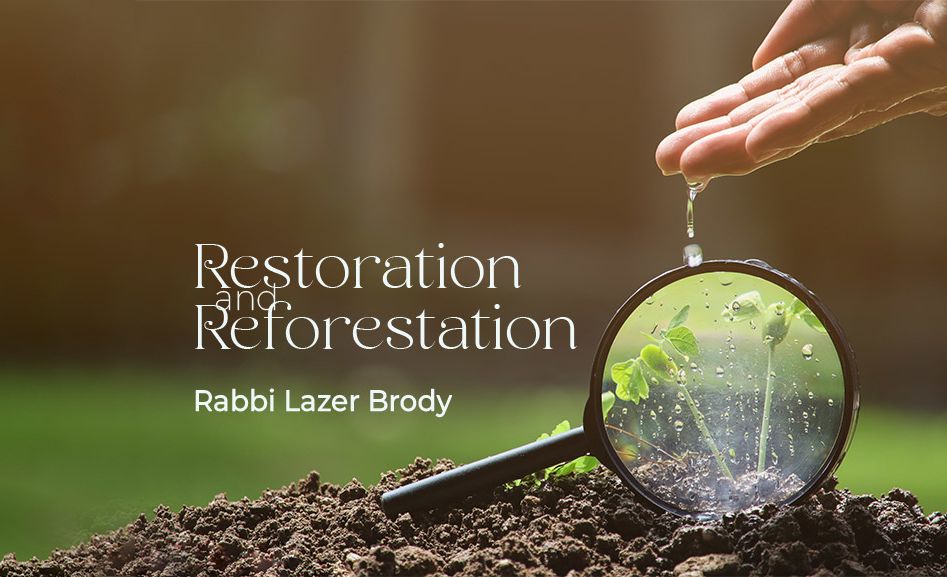
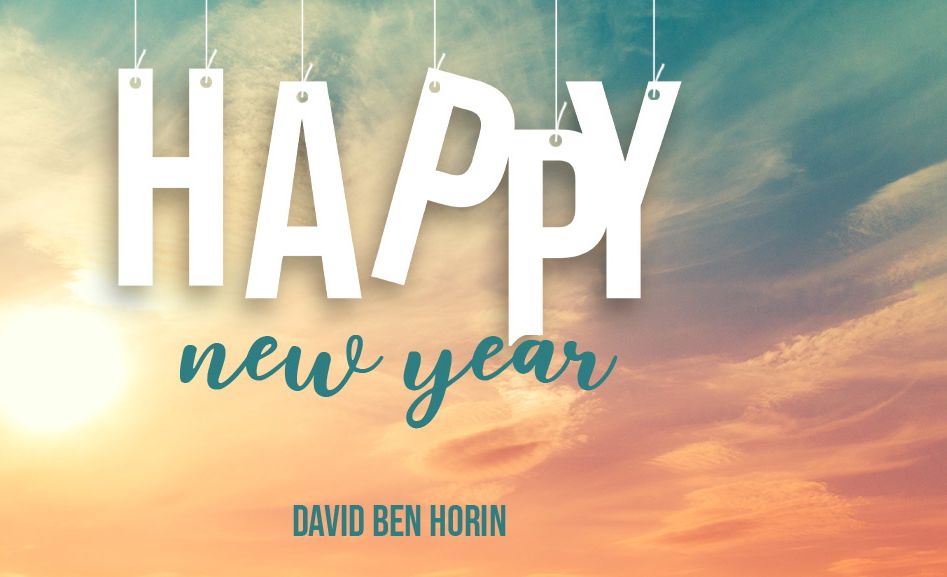
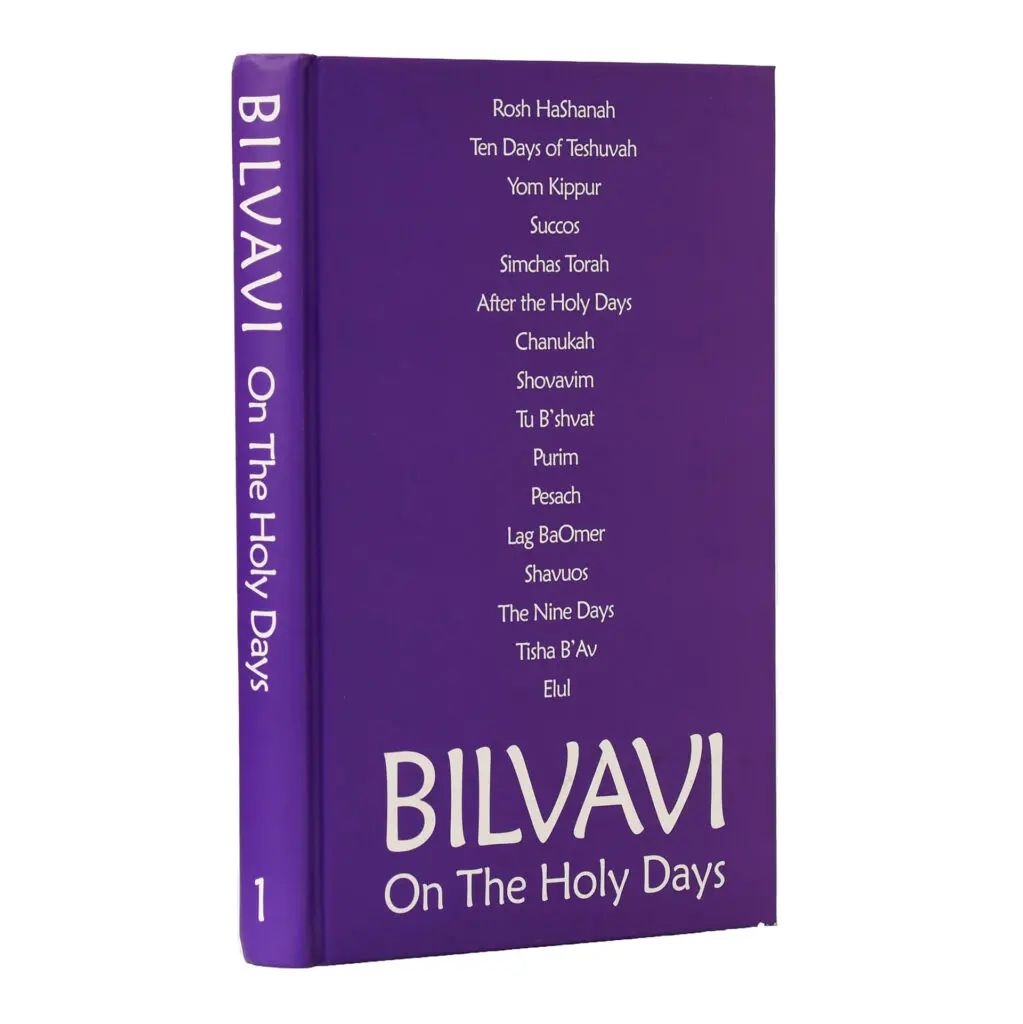
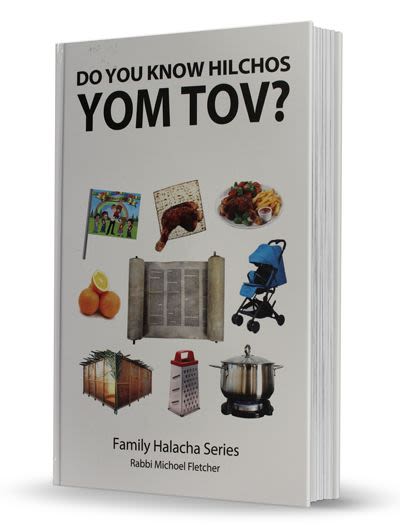
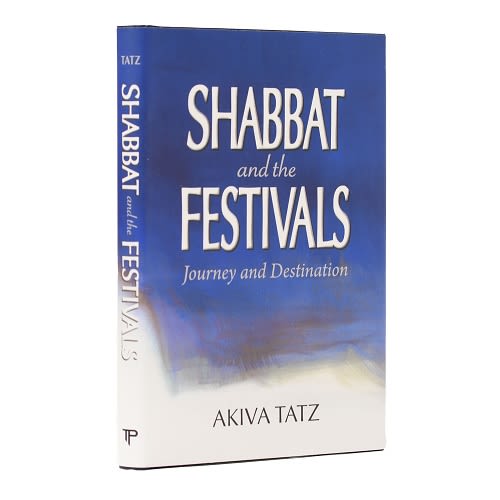
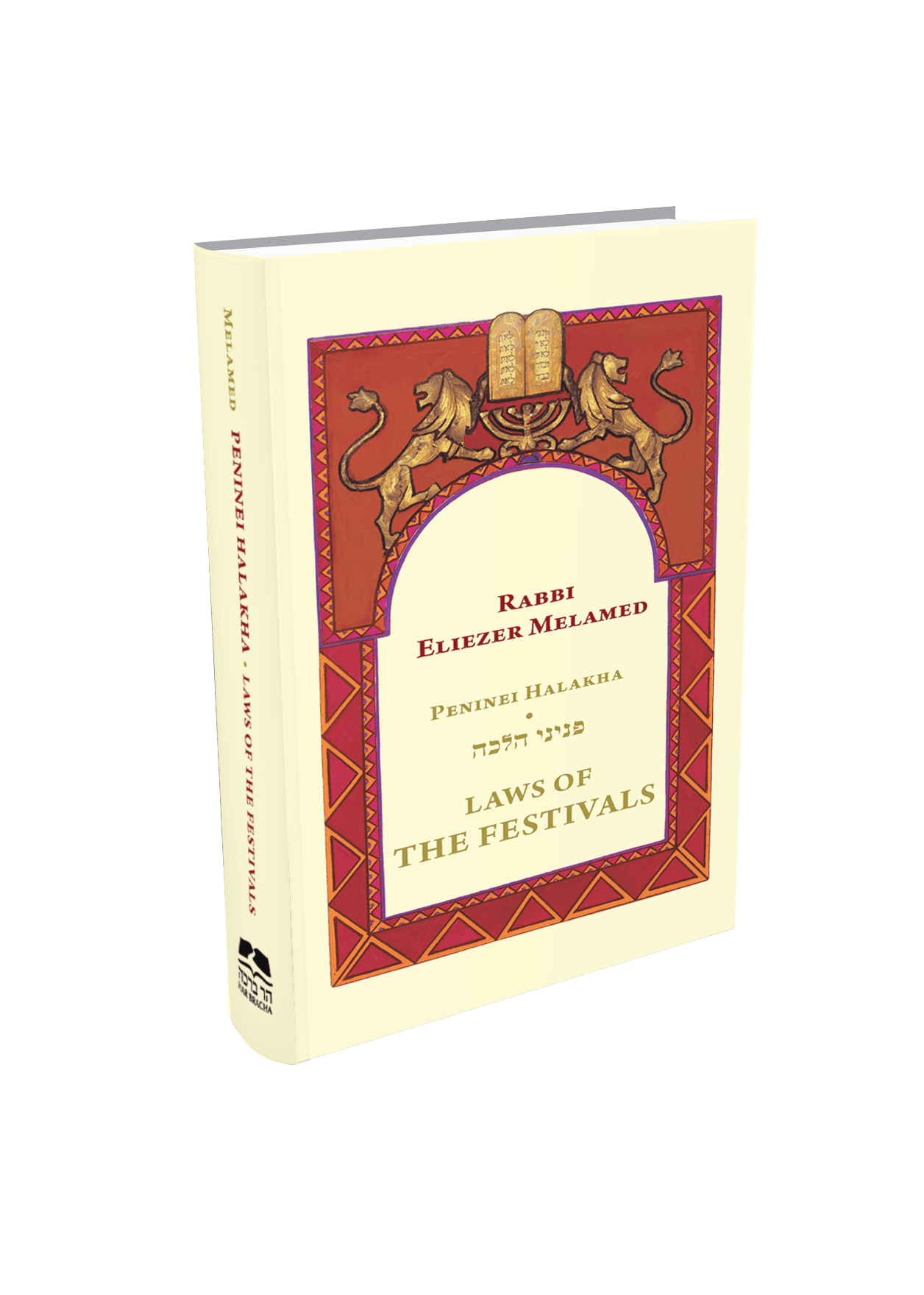
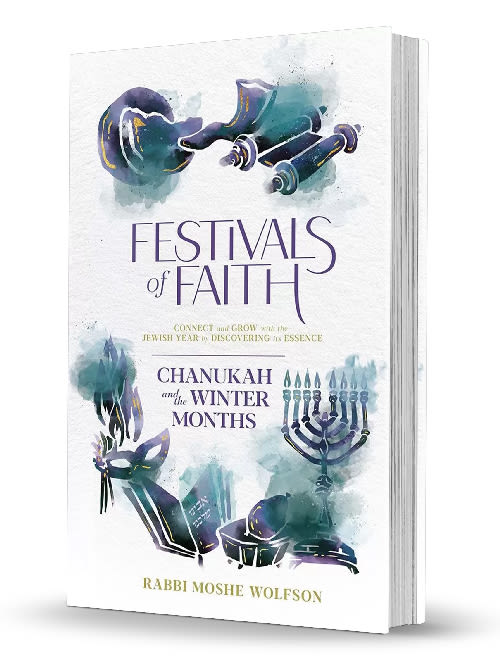
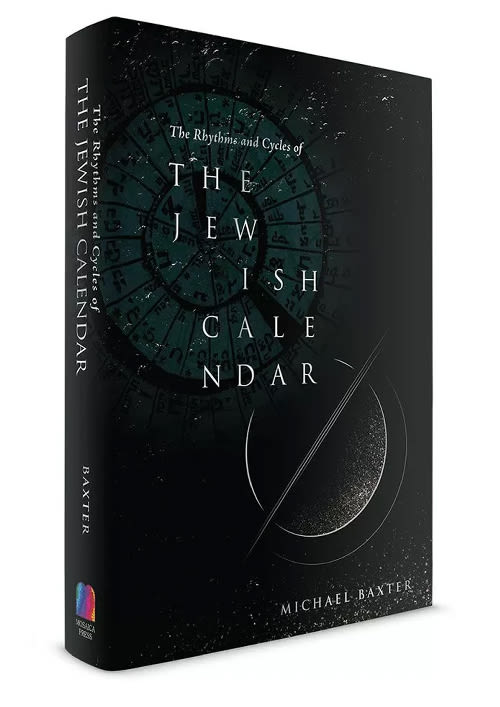
1/30/2018
Yayin or Wine
The gematriah of Yayin is also 70. It is what is predicted for Mashiach ben David in Ya'akov's blessing for Yehudah that. His city will be bound to a choice vine and that Mashiach will drink the finest yayin from the choicest tendril.
1/30/2018
The gematriah of Yayin is also 70. It is what is predicted for Mashiach ben David in Ya'akov's blessing for Yehudah that. His city will be bound to a choice vine and that Mashiach will drink the finest yayin from the choicest tendril.